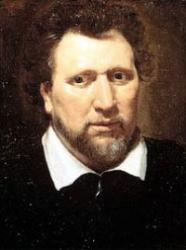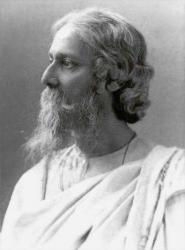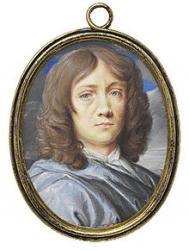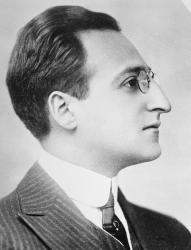1715 - 1760 Author of "First born of many brethren, thou" in Psalms, Hymns and Spiritual Songs Nitschmann, Anna, daughter of David Nitschmann, cartwright, at Kunewald, near Fulnek, Moravia, was born at Kunewald, Nov. 24, 1715. Her cousin, David Nitschmann (the first Bishop, 1735, of the renewed Brethren's Unity) while on a visit to Kunewald in the beginning of 1725, persuaded her father to remove to Herrnhut, where the family arrived on Feb. 25, 1725. On March 17, 1730, Anna was appointed Unity-Elder, with the care of the unmarried sisters; on May 4, 1730, joined with Anna Dober in founding the Jungfrauenbund (see p. 304, ii.); and in 1733 entered the unmarried sisters' house at Herrnhut. In 1735 she became companion to Zinzendorf s daughter, the Countess Benigna, and accompanied her, in 1737, to England. During the summer of 1740 she went with her own father to America, arriving in Pennsylvania Dec. 5, 1740. After the arrival of Zinzendorf and the Countess Benigna, in 1741, Anna joined with them in work among the Indians. She returned to Germany in 1743. After the death of his first wife on June 19, 1756, Zinzendorf married Anna at Berthelsdorf on June 27, 1757. When on May 5, 1760, Zinzendorf felt his fatal illness, she also succumbed, and after his death, on May 9, gradually sank and died, May 21, 1760, at Herrnhut (Allgemeine Deutsche Biographie xxiii. 709; MS. from Diaconus J. T. Muller, Herrnhut, &c). Her hymns were written 1735-1748; the earlier in Herrnhut, some in Pennsylvania, others from 1743 to 1748. They appeared in the various Appendices to the Herrnhut Gesang-Buch of 1735. Only two have passed into use outside of the English Moravian Hymn Book. These are:—
i. Ich bin das arme Würmlein dein. Humility. First published as No. 1592 in Appendix x. circa l741 to the Herrnhut Gesang-Buch, 1735, in 12 stanzas of 4 lines. When repeated in the Brüder Gesang-Buch, 1778, No. 851, st. i., 11. 1, 2; iv., 11. 1, 2; ii.; iii.; xii. were selected with alterations, and a stanza by C. Gregor (which begins “Mein Heiland! dass ich ohne dich") was prefixed.
The translation in common use is:—
My Saviour, that I without Thee. Translated in full by F. W. Foster, from the text of 1778, and given as No. 450 in the Moravian Hymn Book , 1189 (1886, No. 580). Included, omitting st. v., in J. A. Latrobe's Collection, 1841.
ii. Mein König, deine Liebe. Christian Work. Appeared as No. 1233 in Appendix vii. circa 1737 to the Herrnhut Gesang-Buch, 1735, in 14 st. of 6 1. In the Brüder Gesang-Buch,1778, No. 1355, reduced to 6 stanzas (st. v. in 1778 is by N. L. Zinzendorf).
Another translation is: "Thou our exalted first-born Brother." This is a tr. of st. xiv. in the Moravian Hymn Book, pt. ii., 1746, p. 798. In 1754, pt. ii., p. 365, altered to "0 Thou our first-born Brother " (1849, No. 852, st. ii.). [Rev. James Mearns, M.A.]
--John Julian, Dictionary of Hymnology (1907)
Anna Nitschmann



